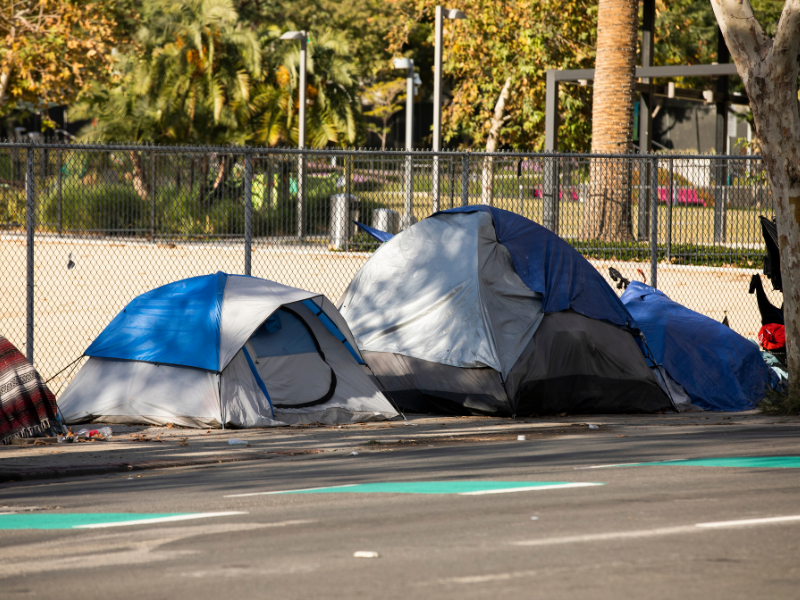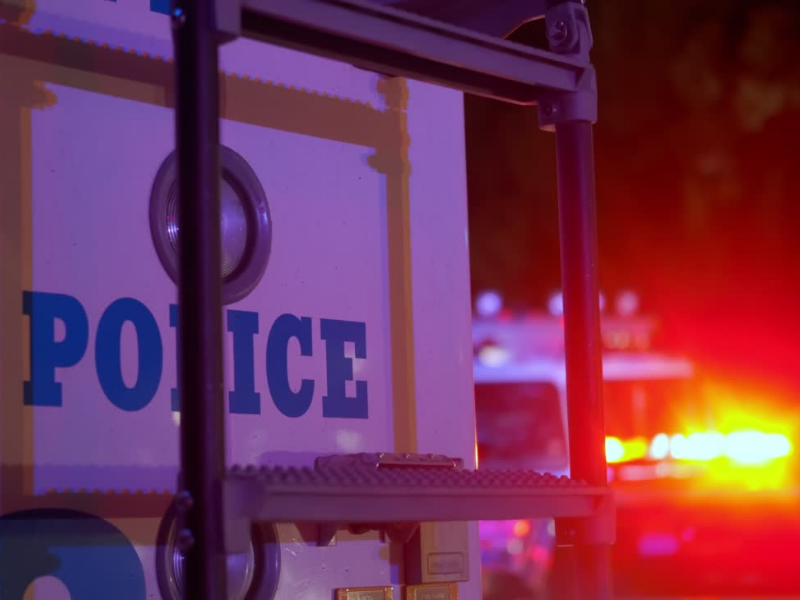In January, Atlanta Mayor Andre Dickens launched the “Year of the Youth” plan to combat juvenile crime rates in the city. The issue is a pressing one. Consider that in 2022, 19 of the 170 homicide victims in Atlanta were children. Deshon DuBose, a 13-year-old, is among the juvenile homicide victims already in 2023. He was gunned down while leaving Cascade Family Skating in January.
Meanwhile, Georgia Juvenile Justice Commissioner Tyrone Oliver says that around 50% of youth incarcerated in the state self-identify as gang members. Jayden Myrick, who was found guilty of murder in a 2018 robbery and fatal shooting at an Atlanta wedding, admitted under oath that he was recruited into gang life when he was just 9 or 10 years old.
Juvenile violence skyrocketed across the country in 2020, reversing decades of decline. But even before the increases, juvenile crime was reported in 2018 as 15 times higher in Fulton County than the national average.
Juvenile offending, like adult criminality, concentrates among a very small number of offenders. These juveniles are typically either associated with or being recruited into street gangs and often pressured by adults to commit serious violent offenses.
Thankfully, there are well-documented ways to reduce that kind of offending. Look to Louisville, Kentucky for a recent example of solutions.
In recent years, Louisville has experienced substantial increases in juvenile violence, with arrest rates for juvenile homicide suspects 50% higher than the national average and a majority of carjacking arrestees being under 18 in 2020 and 2021. This prompted Republican State Representative Kevin Bratcher to begin working on what would become House Bill 3, a comprehensive violent juvenile offender accountability and treatment bill. While some of House Bill 3 dealt with issues specific to Louisville, many of its provisions offer policies and best practices worth adopting in Georgia.
Most importantly, the bill required that any juvenile charged with a serious violent offense such as murder, rape, robbery, burglary in the first degree and so on, be immediately detained for a period not to exceed 48 hours. This mandatory detention serves two purposes. It not onlyprotects the public and the juvenile by disrupting the cycle of violence but it also ensures meaningful time for mental health and drug abuse evaluations and comprehensive evaluations of the risks posed by the juvenile before a judge ultimately determines long-term release conditions or pretrial detention.
They also funded a new detention center in Louisville and a myriad of treatment programs intended to get juveniles with one foot in the streets and one foot in civil society back on the right track. This includes funding cognitive behavioral therapy which is being used toeffectively get serious juvenile offenders back on a positive life course. Why fund programs in facilities and not just in the community? Treatment programs for high-risk juveniles are most effective after 200 hours of treatment.
Finally, the new law creates early intervention points for young people who showed no improvement in their diversion programs. It does so by allowing an interdisciplinary team to alter the treatment methods earlier. If parents are unwilling or refuse to comply with a child’s diversion plan, a judge has the authority to hold the parents accountable. Chronic, unexcused absences from schools are strong predictors of future juvenile delinquency.
Unresolved truancy is strongly predictive of future juvenile delinquency and even adult criminality. So, getting it right with those kids today can help a child escape being preyed on by adult gang members and prevent serious violence in the future.
We didn’t get here overnight, and the reasons for the spike in juvenile crime in Atlanta are multifaceted. But the bottom line is that policy solutions similar to those enacted this year in Kentucky can help the city move forward and create a safer community and a more just and fair system.
Josh Crawford is the director of criminal justice initiatives at the Georgia Center for Opportunity.








